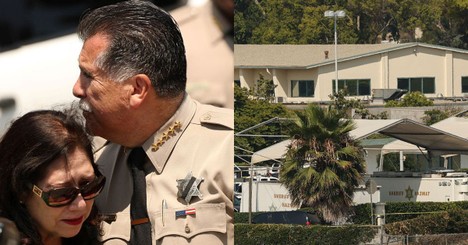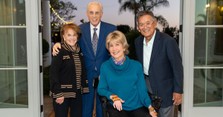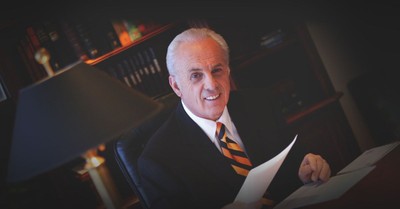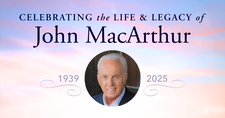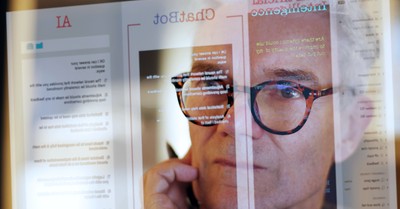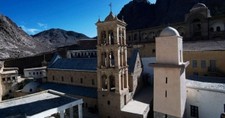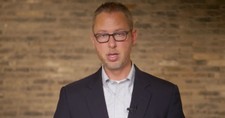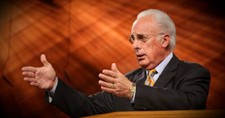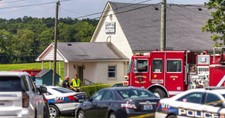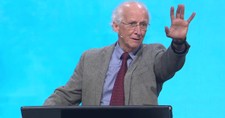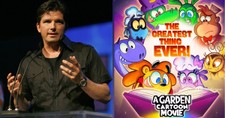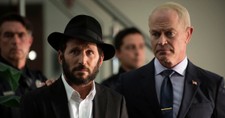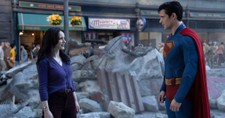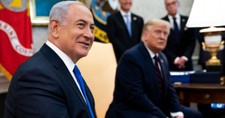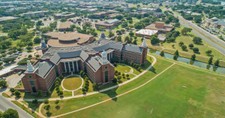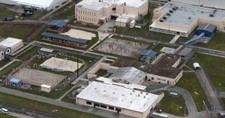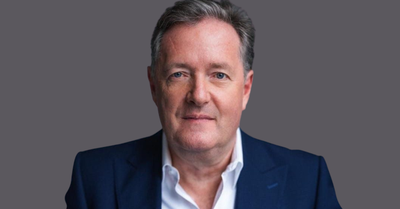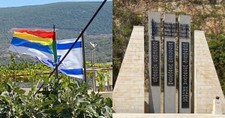
Trending Articles
Recent News
Yankees Star Aaron Judge Says Only Jesus Truly Satisfies for KING & COUNTRY Returns with Christ-Centered Christmas Tour after Year Hiatus Forrest Frank Questions His Future in Music as Fame Follows Him Everywhere Joni Eareckson Tada Reflects on John MacArthur’s Lasting Legacy in Disability Ministry Why Interpreting Tongues with ChatGPT Is Not Supernatural Seph Schlueter on Counting His Blessings, Losing a Baby, and Trusting God Through it All Seph Schlueter Finds Hope in Worship after Losing Baby Girl Heroic Father of 3 Drowns while Rescuing Others from Riptide ‘He Didn’t Hesitate’ Brad Arnold Gives Hopeful Cancer Update Rooted in Faith
Trending Articles
Recent News
Yankees Star Aaron Judge Says Only Jesus Truly Satisfies for KING & COUNTRY Returns with Christ-Centered Christmas Tour after Year Hiatus Forrest Frank Questions His Future in Music as Fame Follows Him Everywhere Joni Eareckson Tada Reflects on John MacArthur’s Lasting Legacy in Disability Ministry Why Interpreting Tongues with ChatGPT Is Not Supernatural Seph Schlueter on Counting His Blessings, Losing a Baby, and Trusting God Through it All Seph Schlueter Finds Hope in Worship after Losing Baby Girl Heroic Father of 3 Drowns while Rescuing Others from Riptide ‘He Didn’t Hesitate’
Positive Stories
Celebrity
Video
Opinion
Church
Entertainment
Sports
Movies
Politics
Israel
Christian News Headlines - Breaking and Trending Religion News
Crosswalk Headlines - Christian news brought to you by a group of Christian writers and editors who are dedicated to creating a well-rounded look at what’s happening across the globe from a Christian worldview. Our vision is to inform and inspire productive discussion about the current events and online trends that shape our lives, our churches and our world.Crosswalk Headlines includes blog posts about current events and Christian media, breaking news, feature articles, and guest commentaries, many written by respected Christian thinkers.
